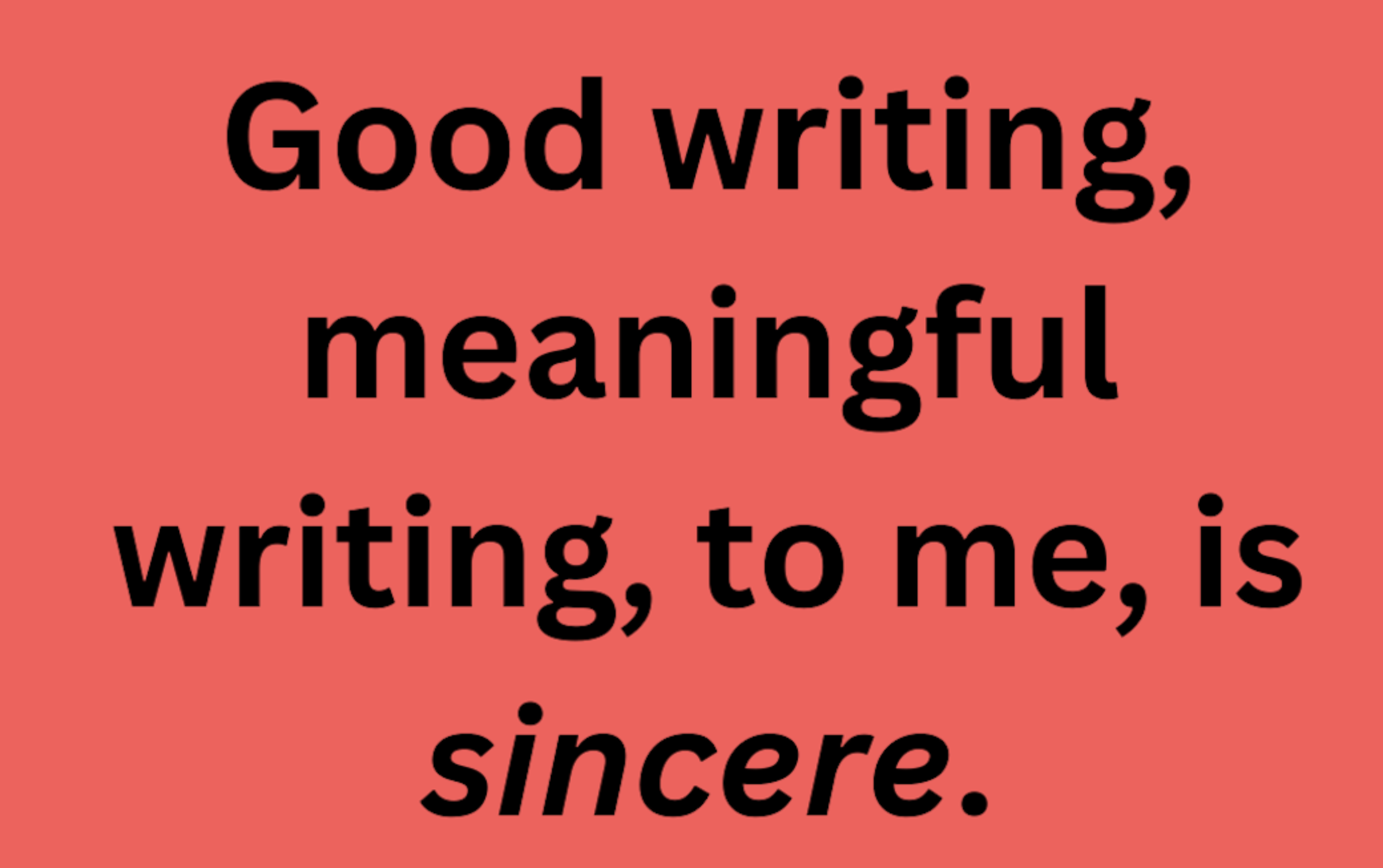Reflections on an Increasingly A.I.-Reliant World

No matter what online platform I turn to for mindless entertainment, I can’t escape the persistent fear-mongering concerning A.I.'s effect on job security. If you have a job, chances are there is an article claiming that A.I. will replace you. These fears aren’t totally unfounded; they’re leftover from the industrial and computer revolutions which left high unemployment and low wages in the wake of their unruly transitions of labor. Following the displacement of artisanal jobs in the 18th century, Luddite riots popped up over Britain, where people destroyed the factory robots that had taken their jobs. Even though the rise of factory robots leads to “creative destruction,” a term coined by economist Joseph Schumter, which refers to the shift that creates new jobs for a different worker than the one displaced, a sudden shift in labor leads to riots, an unstable economy, and political unrest. The latter manifested in Donald Trump’s election, where voters, especially young men, feared losing their jobs and believed Trump was the “candidate for change” because of various vague campaign promises.
Thus, with ChatGPT’s popularity and the subsequent rise of other generative writing A.I., the Writers Guild of America (WGA) strikes to prevent writers’ jobs from ever being at risk of A.I. displacement. But how realistic are these concerns?
Anticlimactically, it might be too early to tell. A.I. is, of course, predicted to affect different careers compared to industrial robots since it’s able to take on flexible tasks compared to robots’ repetitive, physical movements. Since A.I. is able to mimic the elusive “soft skills” that employers are always looking for, it’s also predicted to more heavily impact women compared to men, who have previously been the main victims of displacement. However, during the rise of industrial robots, we hypothesized that bank tellers employment would tank, yet somehow their population grew much larger than before.
Call me an idealist, but I don’t believe writers can be easily replaced (and I’m prepared to fight for that truth). A.I. generation at this stage is a neatly wrapped package of repurposed words and ideas. A.I.-generated stories are dull at best; I write more interesting grocery lists and Google Calendar invites. Good writing, meaningful writing, to me, is sincere. Emotions are reframed and condensed into language by someone with intimate experience. The same logic applies to why writing from an outside perspective may be difficult or fall flat without considerable research; it’s easier to write what we know. There’s a candidness to laying yourself bare and vulnerable to an audience that an A.I. can’t recreate. My definition of good writing has always inherently drawn a boundary between A.I. and human writing, and I think most people agree. I recently watched a TikTok by Jack Martin that joked about the WGA strike, making fun of the idea that an A.I. can create a script anywhere as well-written as a human could.
When I’ve experimented with ChatGPT in the past, succumbing to curiosity like everyone else, it’s automatic form of storytelling (when asked simple questions like “write me a story about ____”) defaults to childish tales with obvious lessons. More advanced software designed to write produces a wider range of tones and genres, but still requires human intervention in terms
of prompting, editing, and refinement. At best, A.I. might become a tool to supplement tedious writing tasks. Applications like Grammarly have already become quite popular amongst students, but I, and many of my peers, still haven’t been tempted by its convenience. And nowadays, Grammar-checkers are built into word processors, but they haven’t taken over the job of the copyeditor. The human touch is, shockingly, still relevant. If you’re a writer, try not to add A.I. supplementation on your list of worries. We have bigger concerns, like getting past the first page of the novel that’s been sitting in Google Docs for five months.
While I support A.I.’s potential to take over dangerous or unfulfilling jobs (with a proper transition of labor), there will never be a shortage of aspiring writers. Creative writing will always entice; people will always write. A.I. might present another competitor amidst a low opportunity career, but the careful touch and originality that humans present will win over audiences. Writers may hold the stereotype of constantly grappling with imposter syndrome, but we should give ourselves the credit of being able to write better than an algorithm. We are the ones who fuel the algorithms in the first place.